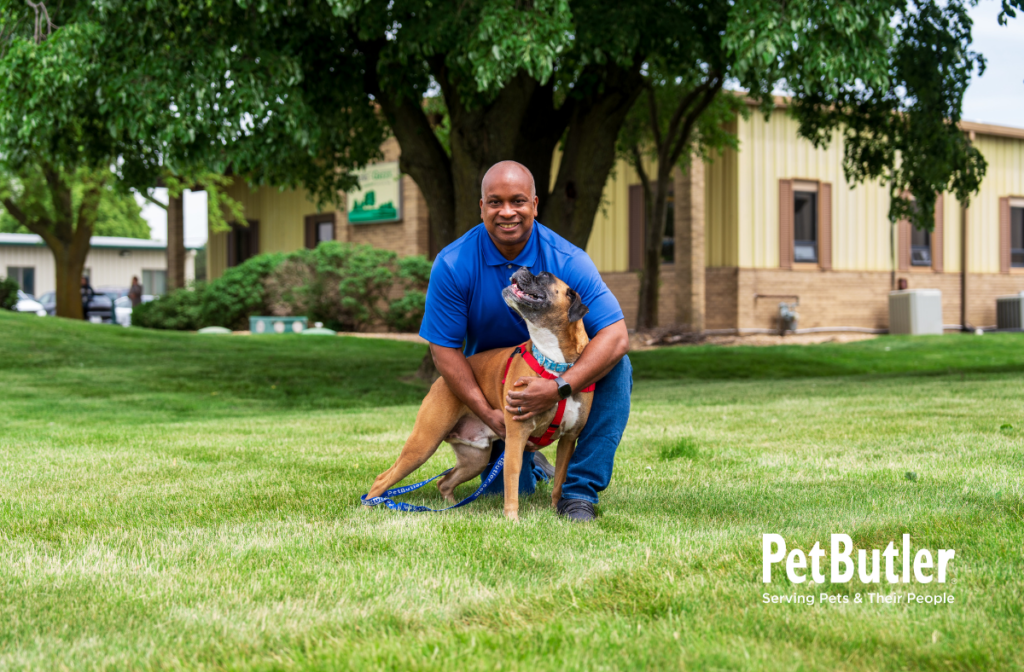When you hear someone say ‘staff meeting,’ does it fill you with dread? Why is that? Is it because too many meetings are poorly organized, too long, and don’t really accomplish anything? What if staff meetings were focused, organized, and productive? Team members might look forward to sharing ideas, collaborating, and feeling like they are making a difference in their department and the company.
How these meetings are set up, structured, and managed will determine whether your staff meetings are filled with dread or delight. Here are 7 tips to improve your staff meetings so they are productive and effective.
How to Have Effective Staff Meetings
1. Own the meeting. Remember that you are the leader of your team. Ultimately, the direction of your staff meetings are a reflection of your attitude towards them. If you only have these meetings out of a sense of obligation, your staff will sense that.
If you really want to collaborate with your team to get their input on important topics and create a true team effort, your team will sense that as well. Since these meetings reflect on your leadership, make them the best they can be.
2. Have an agenda. The worst staff meetings are ones where the team leader just wings it. The meeting will drift without an objective, ending without accomplishing anything. Participants will leave wondering why they needed to attend, hoping they will be few and far between. As you put your agenda together, have a goal in mind. Before you finalize it, consider this next tip.
3. Get input from team members. Before the meeting takes place ask participants to provide any suggestions of topics they want to discuss during the meeting. This gives everyone the opportunity to contribute to the agenda. Another benefit is that you will learn what is top-of-mind with your team members.
It will be up to you, as the team leader, to determine if all of these topics should be added to the agenda or if they should be handled offline. If some can be handled offline, make sure the appropriate team members know.
4. Leave time for spontaneous discussion. You don’t need to account for every minute of the meeting. There are times when a topic spurs new ideas, so leave some cushion in your agenda for spontaneity. During the meeting, be careful that the conversation doesn’t digress and get too far off-track. If it does, you may need to reign the discussion back to the original topic. These new ideas can be added to another meeting’s agenda.
5. Have your meetings be interactive. Get your team involved in the meeting. Assign a specific role to each team member, asking them to provide updates regarding specific topics to the group during the meeting. This will keep everyone engaged and invested in the meeting topics. Staff meetings should not be a download of information from you unless there is a specific reason why that is necessary.
6. Start and end on time. When you start and end your meetings on time, participants will see that you respect their time. Keep in mind, though, that if your team is in the middle of solving an issue, you might lose your momentum by stopping a meeting just because time is up.
In these situations, ask the meeting participants if it would be alright to extend the meeting in order to finish the discussion on that one topic. Again, you are showing that you want to be respectful of everyone’s time.
7. Follow up. If your team members are tasked with something to do as a take-away from the meeting, give them a deadline to complete that task. Follow up to get the information from them. You do not want to get to the next staff meeting and have the same open issues.
Pet Butler Provides Collaboration Between Franchise Owners
Pet Butler provides its franchise owners with a variety of ways to collaborate with other franchise owners. From peer group meetings, to the Pet Butler national convention, to having access to other franchise owners, these peer meetings are very beneficial for franchise owners.
“By meeting the other franchise owners, we are able to talk about different experiences we each have had,” said Janet Dailey, Pet Butler Franchise Owner in Phoenix, Arizona. “We gain a lot of the knowledge and experience from the other franchises.” According to Coby Hough, Pet Butler Franchise Owner in Silver Springs, Maryland, “We share the same problems, so we can talk about them and figure out the solutions together.”
Whether you want to switch your independent business to a franchise system or you are looking for a new turn-key franchise opportunity with the resources and support to help you be successful, Pet Butler may be the perfect fit for you. Learn more about Pet Butler by calling 844-777-8608 or email us at franinfo@petbutler.com.




